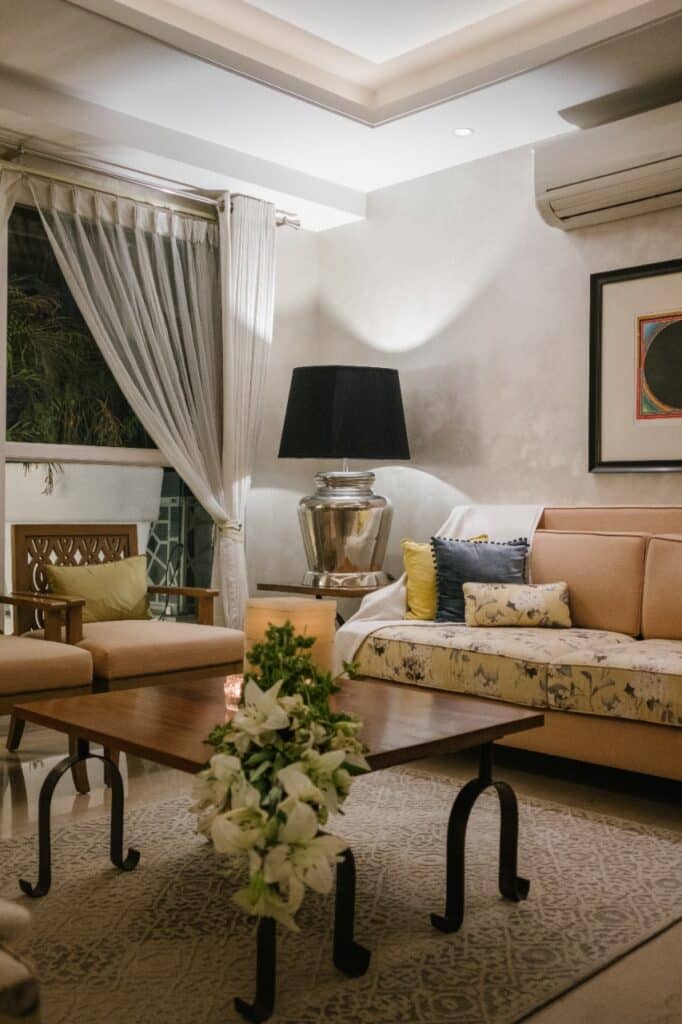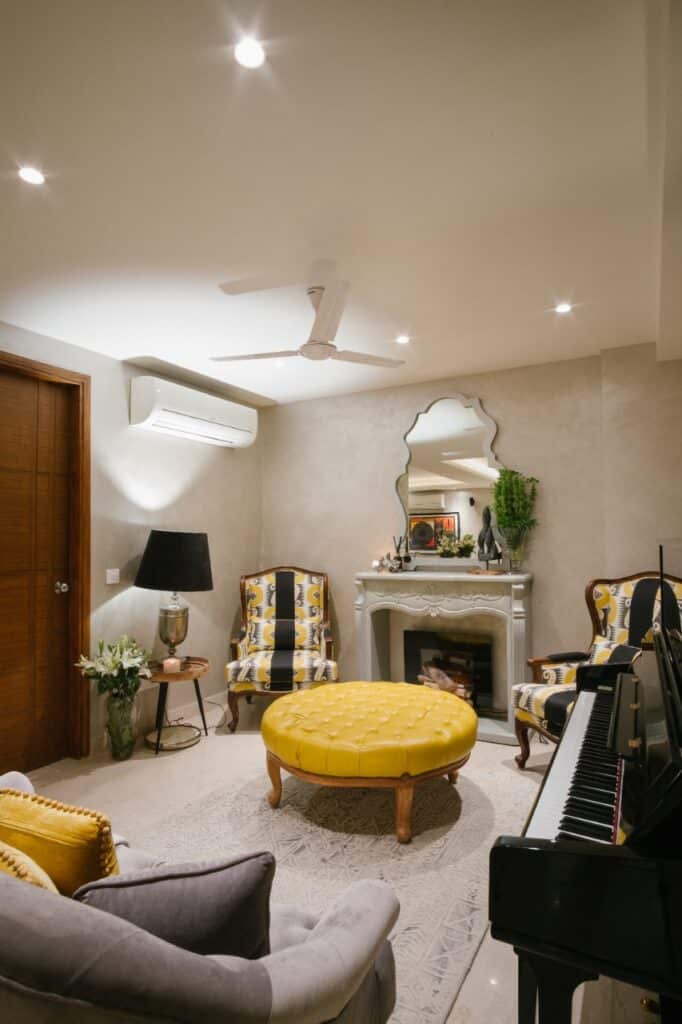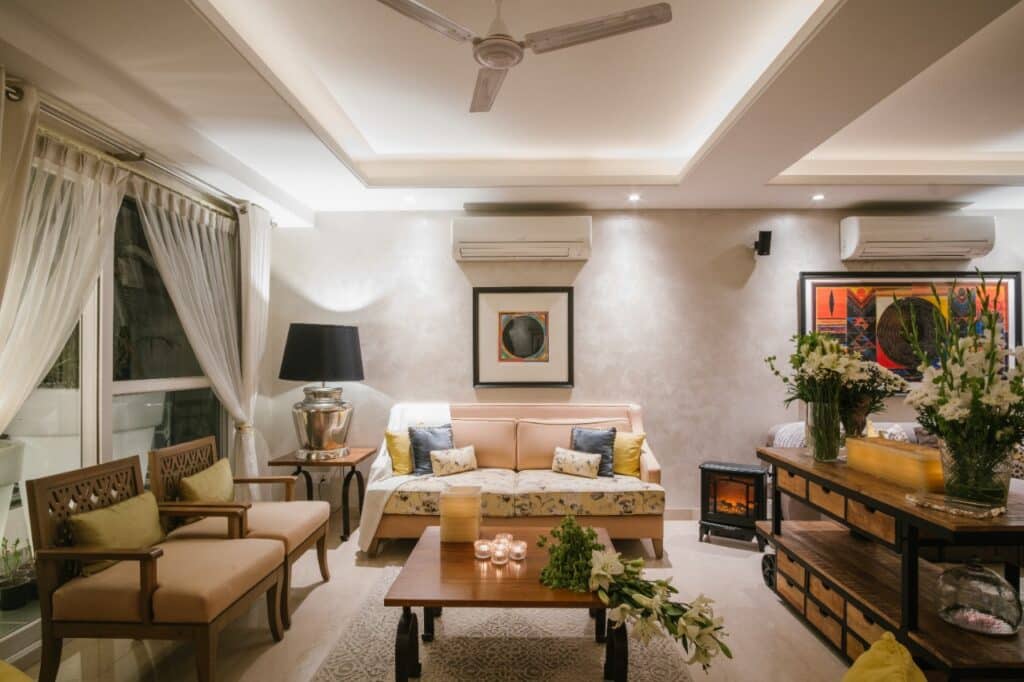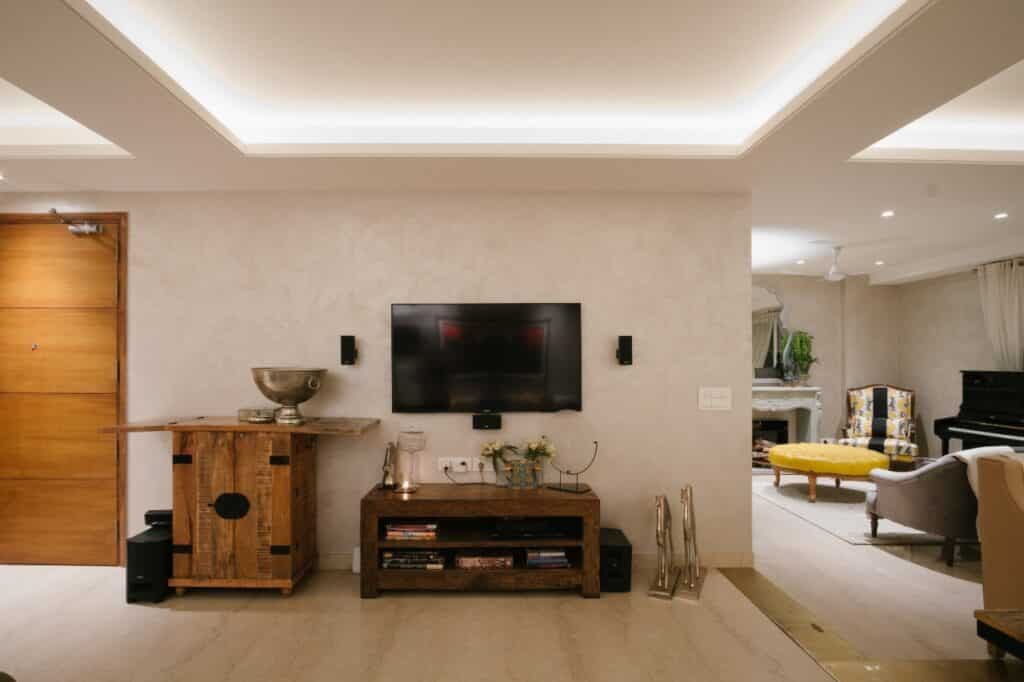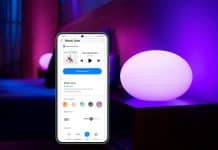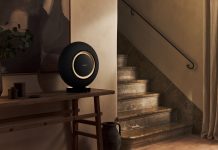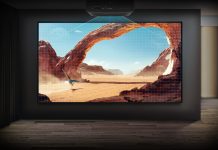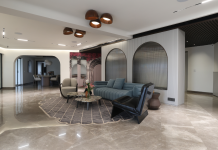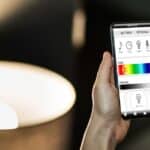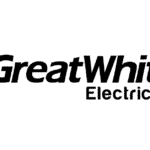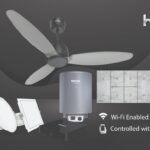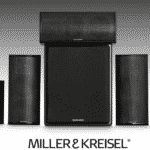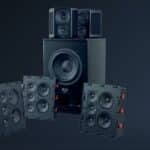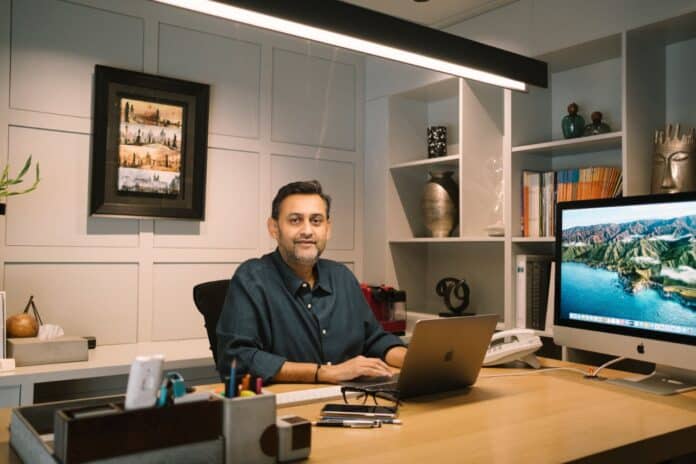
“The new normal, popularly known as ‘life–after-COVID‘, has undergone massive changes where people have started looking inwards, redefining their living spaces. This paradigm shift in designing residential spaces has increased the demand for smart home integrations”, explains Jain.
The smart home industry has expeditiously expanded over the last few years, and modern homes of today are briskly adopting these technologies to their fullest. Lighting systems, entertainment and security systems are witnessing quite a high demand. From smart doorbells to HVAC systems, homeowners and the commercial industry have started implementing them all.
“With smart products defining today’s lifestyle, smart entertainment systems witness noticeable demand, as it provides user-friendly services for all age groups. Smart lighting systems follow the entertainment systems with more variables and settings than just the mundane on-off”, says Vikram Jain, Director-Marketing, Innovative Lighting Designs Ltd.
Why do you think the concept of smart homes is gaining rapid popularity these days?
Smart homes are all about providing a world-class experience for homeowners, property developers, and the commercial industry. Eyeing the current uncertainties, smart home automation systems guarantee one’s safety and maximize home security. An energy-efficient alternative to manual systems—these automation systems are all about providing quality life and enhancing living experiences. Moreover, controlling all our home devices through a single portal makes management easier with relatively free time on our hands.
Who(consumer groups) are opting for smart homes the most?
Several consumer groups have adopted home automation systems, mainly tech-focused individuals, convenience seekers, and most homeowners who wish to implement energy-efficiency strategies in their living spaces.
What according to you are the major benefits of Smart & connected homes in the current “tech-savvy-era”?
Smart Home systems are easier to manage with remote monitoring and endless customization options. In times of economic uncertainties, smart homes are energy-efficient, thereby economical. One of the significant benefits of smart homes would be optimized security that makes our homes a “safe haven”.
In which sector(hospitality, commercial, residential), according to you, traditional devices and techniques are getting rapidly displaced to make room for smart devices and systems, aided with the latest technologies? And why?
The hospitality industry has always been dominated by smart home technologies for seamless workflow and to provide guests with an unparalleled experience of smart living. Products such as smart thermostats and occupancy sensors can monitor, act and respond accordingly without troubling the guests. Smart service systems such as predictive maintenance, data protection, remote check-in and check-out, smart room service and barcoded room keys aids in successful management and effortless inspections of the property.
In what ways do you think the concept of smart homes has contributed to the lifestyles of working professionals?
Smart homes have proved to be beneficial, especially for working professionals. The accessibility and control of their homes remotely give the individual much-needed flexibility to operate at their convenience. They can focus on their other tasks simultaneously while not having to worry about their home security protocols. Being energy-efficient, they will always remain the smarter choice and fruitful investment.
How do you foresee the Smart home industry 5 years down the line?
In the next five years, smart homes will be the “new normal”, with more people being able to efficiently run and monitor their houses, and offices, while getting used to a smart way of living.



